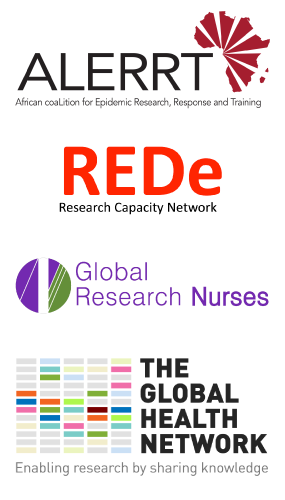Resources: Resource Library, Additional Exercise
Course Overview
Duration:
This short course should take 45 - 60 minutes to complete.
Certification:
A certificate is issued once a minimum of 80% is achieved in the final quiz section.
Summary:
This course begins with an introductory segment providing an overview of ancillary care in research settings, its relevance to researchers and the main ethical questions associated with the provision of ancillary care. Segment two provides an overview of the moral reasons for ancillary care obligations including; general versus special duties as potential grounds for ancillary care obligations, duties of justice, duty of rescue and researcher-participant relationship. The third segment covers theories regarding the content of ancillary care obligations and how they could inform guidelines for determining specifically what kinds of ancillary care ought to be provided or facilitated in a given study. The fourth segment provides a brief overview of the aims of empirical studies on ancillary care provision and the fifth (and final) segment provides an overview of important gaps in our understanding of ancillary care obligations.
Objectives:
Upon completion of this course, you will have an understanding of:
- What ancillary care is and what are the main ethical questions associated with providing or facilitating it
- The difference between general and special duties as possible reasons why researchers have ancillary care obligations
- The various philosophical approaches to establishing whether or not researchers have ancillary care obligations
- The main theories that could inform guidelines for determining specifically what kinds of ancillary care ought to be provided or facilitated in a given study
- Important conceptual and empirical gaps in the current understanding of ancillary care obligations
Acknowledgements
The Global Health Training Centre is built through the support and partnership of the Bill and Melinda Gates Foundation, the World-Wide Antimalarial Resistance Network and the East African Consortium for Clinical Research.
Authors:
- Dr. Bridget Pratt - Johns Hopkins University Berman Institute of Bioethics and Bloomberg School of Public Health (Department of International Health); University of Melbourne, Nossal Institute of Global Health
- Dr. Pratt was part of the Berman Institute of Bioethics’ Hecht-Levi fellowship program during the development of this course
- Dr. Pratt’s effort was supported by an Early Career Sidney Sax Public Health Overseas Fellowship from the National Health and Medical Research Council of Australia (Award No. 1052346; PI Pratt)
- Prof. Maria Merritt - Johns Hopkins University Berman Institute of Bioethics and Bloomberg School of Public Health(Department of International Health); JHSPH Department of International Health, Health Systems Program.
- Professor Merritt’s effort was supported in part by an award from the Greenwall Foundation’s Faculty Scholars Program in Bioethics (PI Merritt)
Editor:
- Dr. Susan Bull - The Ethox Centre, Nuffield Department of Population Health, University of Oxford
Reviewers:
- Dr. Susan Bull - The Ethox Centre, Nuffield Department of Population Health, University of Oxford
- Dr. Phaik Yeong Cheah - Head of Clinical Trials, Mahidol-Oxford Research Unit, Bangkok, Thailand
- Prof. Michael Parker - Director, The Ethox Centre, Nuffield Department of Population Health, University of Oxford
- Prof. Stuart Rennie, PhD, MA - Associate Professor, Department of Social Medicine Core Faculty, UNC Bioethics Center. Head, UNC Center for AIDS Research ethics program, University of North Carolina at Chapel Hill
- Prof. Henry S. Richardson - Professor of Philosophy, Georgetown University
Use and reproduction of these e-learning materials:
These e-learning materials are owned by The Global Health Network. You are free to share or adapt this material but you must attribute it to The Global Health Network using the link www.theglobalhealthnetwork.org.
Your feedback is greatly appreciated; please take a couple of minutes to tell us your thoughts on this course:

